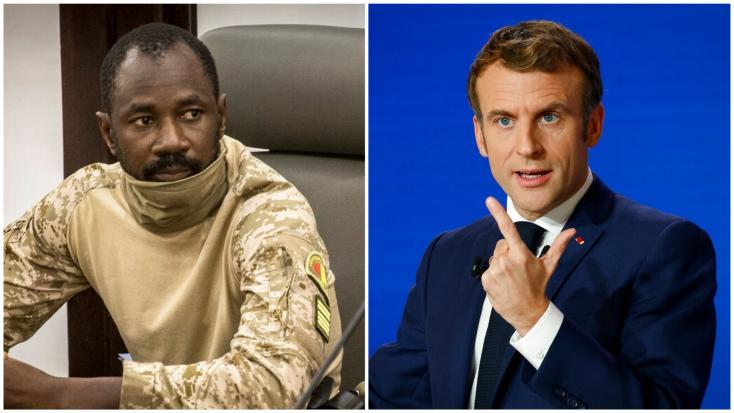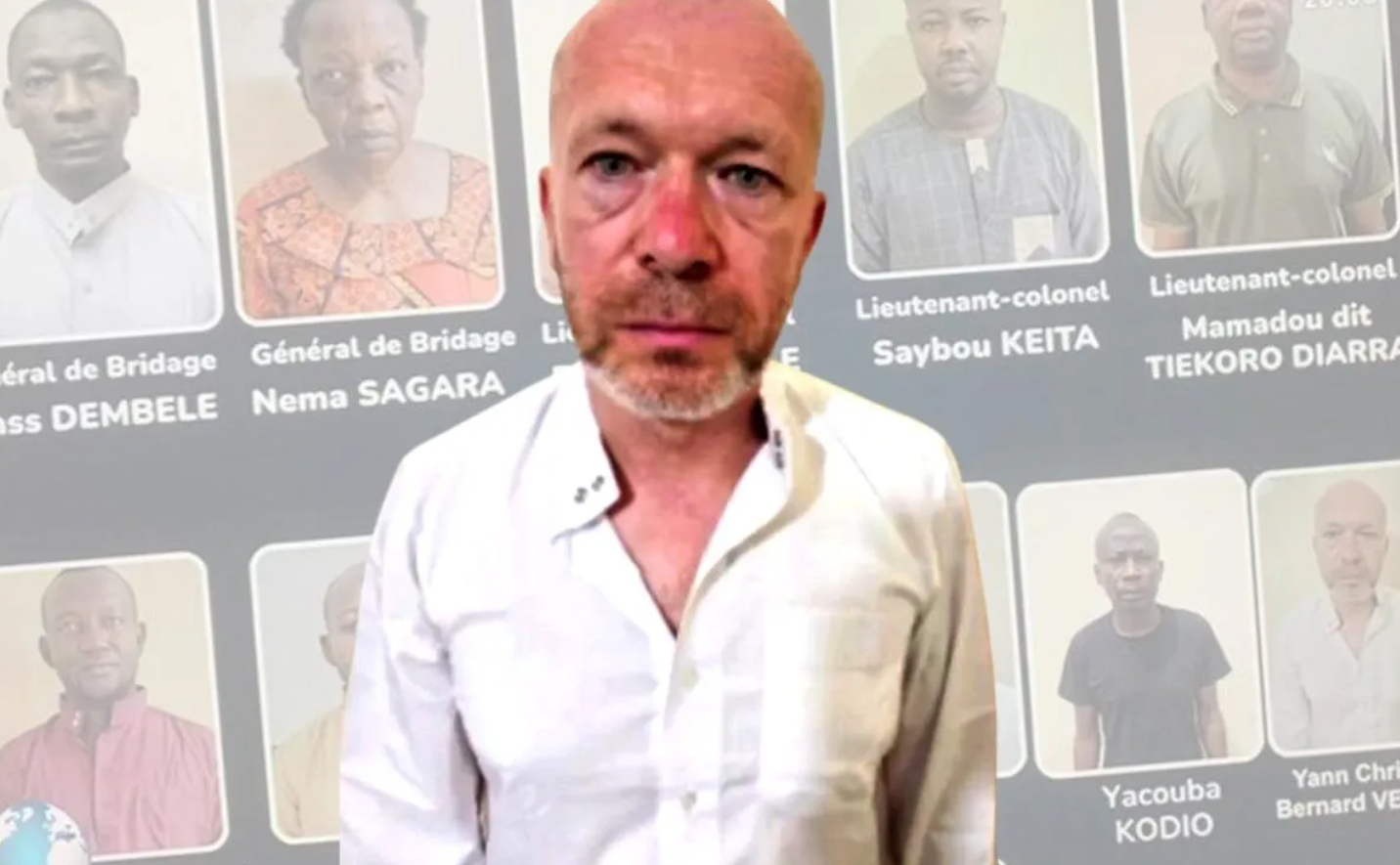
France has condemned Mali over the arrest of one of its embassy staff in Bamako, firmly rejecting accusations that he was involved in an alleged coup plot to destabilise the country.
- France condemned Mali over the detention of Yann Vezilier, a French diplomat, rejecting accusations of destabilization activities.
- French authorities insist the charges against the detained diplomat are unfounded and urge his release under consular immunity.
- Mali’s junta claims the diplomat engaged in intelligence-related activities aimed at undermining state stability.
The French government identified the man as Yann Vezilier, an accredited diplomat, and insisted the charges against him were “unfounded,” a development that further strains already tense relations between Paris and Mali’s military rulers.
France’s foreign ministry said on Saturday it was engaged in talks with Mali over the arrest of the diplomat, who was accused of working with intelligence services to “destabilise” the country, calling the claims “unjustified.”
“Discussions are underway to clear up any misunderstanding” and to secure the “immediate release” of the French embassy employee in Bamako, the ministry said.
The statement further stressed that the detained diplomat was covered by the Vienna Convention on Consular Relations, which means he should be released.
Bamako claims French involvement in unrest

In a statement released on Thursday, Mali’s ruling junta accused the detained French national of being an intelligence operative tasked with recruiting soldiers and civil society figures to undermine the state.
Authorities in Bamako alleged that the man had been working for French intelligence services and claimed that “foreign states” were attempting to destabilise the country.
The junta further announced that dozens of Malian soldiers had been taken into custody on suspicion of plotting to overthrow the government, underscoring its heightened concerns about internal dissent and external interference.
Mali has endured more than a decade of political turmoil and violence, beginning with Islamist insurgencies in the north and deepening through cycles of instability that culminated in two coups in 2020 and 2021.
Those upheavals ultimately brought General Assimi Goïta to power, consolidating military rule in Bamako.
Relations between Mali and its former colonial power, France, deteriorated sharply in the years that followed. In 2022, the junta severed military cooperation with Paris and pivoted towards Moscow, embracing Russia as its primary security partner.
At the same time, the military government has repeatedly delayed its pledge to return the country to civilian rule through democratic elections, fueling both domestic frustration and international criticism.












